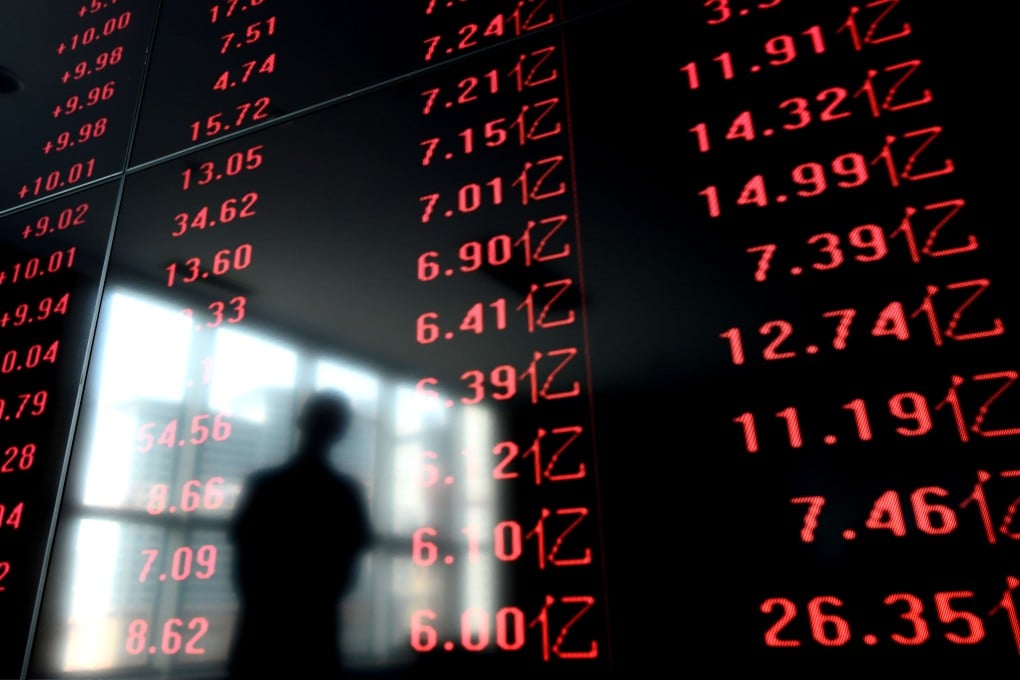Beijing’s policy missteps leave market signals far from clear

China’s 48 trillion yuan (HK$60 trillion) stock market starts the week at a critical juncture with investors far from clear on the direction that Beijing’s recent policy pronouncements are supposed to be pointing them towards.
“Beijing has lost control of the markets after numerous mistakes trying to stabilise them,” Paul Markowski of MES/Falconridge Advisers Inc, told the South China Morning Post.
“The country’s latest moves to boost the stock market by loosening risk rules, allowing individuals to mortgage their houses to buy stocks and ordering banks to roll over margin debts is a sign of a policy paradigm gone haywire,” said New York-based Markowski, a long-time external adviser to the country’s financial and monetary authorities.
With the equivalent of around US$3.2 trillion of value wiped out since the market peaked on June 12 in a trajectory that tracks incredibly closely three of the worst stock panics of all time – the 1929 Wall Street crash, Black Monday in 1987 and the bursting of the Nasdaq bubble in 2000 – the government’s uncertain response might be understandable.
“If the US struggled to contain the fallout then, we can hardly point the finger at the Chinese authorities for having the same problem,” Simon Derrick, chief markets strategist at BNY Mellon in London, told the Post.